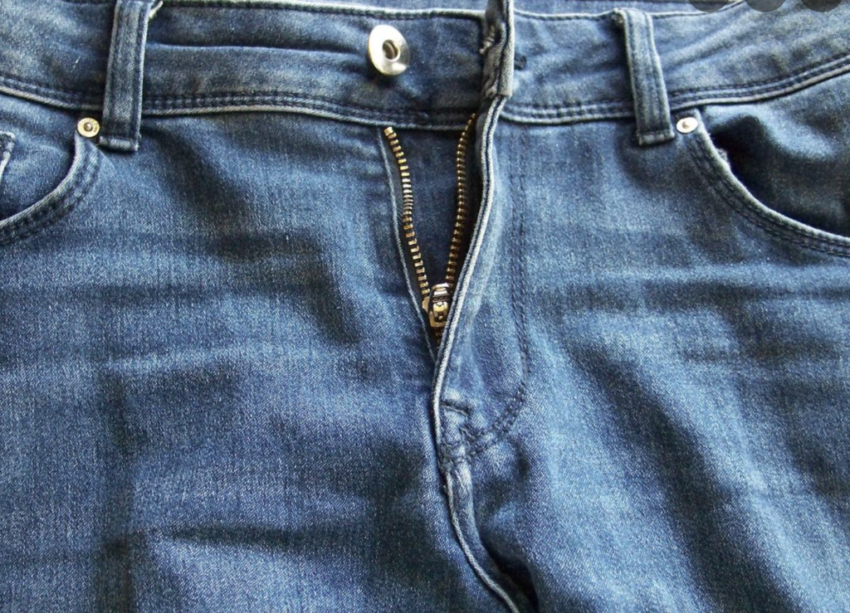CBS News – More than two years since the initial mpox outbreak, cases are trending up again — and the word still hasn’t gotten out to everyone at risk.
During Pride Month, public health officials came armed with a serious message: Get vaccinated.
“Since mpox is not really in the news right now, they don’t necessarily feel a need,” Army Cachero told CBS News.
Cachero and the public health outreach team at the University of California, Los Angeles are concerned about a resurgence of mpox, which broke out across the U.S. and other countries in 2022. Only 23% of those at risk nationwide are vaccinated.
The symptoms of the virus include severe rash and blistering, body aches and fever — and it can be deadly.
…article continued below
– Advertisement –
“Sex between men, not skin contact, is fueling monkeypox.” – NBC NEWS, Aug. 17, 2022
Jose Velasquez didn’t need his arm twisted to roll up his sleeve. He remembers the fear and pain of being infected with mpox in 2022.
“I was actually hospitalized. I got to the point that my lymph nodes were really swollen,” Velasquez said. With the shot, he says, “I feel a little relieved.”
Men who have sex with men and [so-called] trans women are at highest risk. But there are barriers to getting the most vulnerable protected with the highly effective two-dose vaccine.
Cachero says misinformation, lack of health care and lack of trust all play a role in why vaccination rates are lower among people of color.
Across the country, public health officials are scrambling to prevent a repeat of the panic and confusion of the summer of 2022.
…article continued below
– Advertisement –
“Homosexuals admit to fellating almost every one of their sexual contacts … The next most common gay sex is rectal intercourse. It too is fraught with biological danger.” – What Homosexuals Do (It’s More Than Merely Disgusting), Institute for the Scientific Investigation of Sexuality, 1985
Nick Diamond and his husband, Keletso Makofane, are public health advocates in New York.
“I think it’s really personal because it’s our friends and our neighbors who are concerned about infection,” Diamond said.
Their research found that many people at risk connect online and hook up in private homes — and that public health messaging must adapt …
